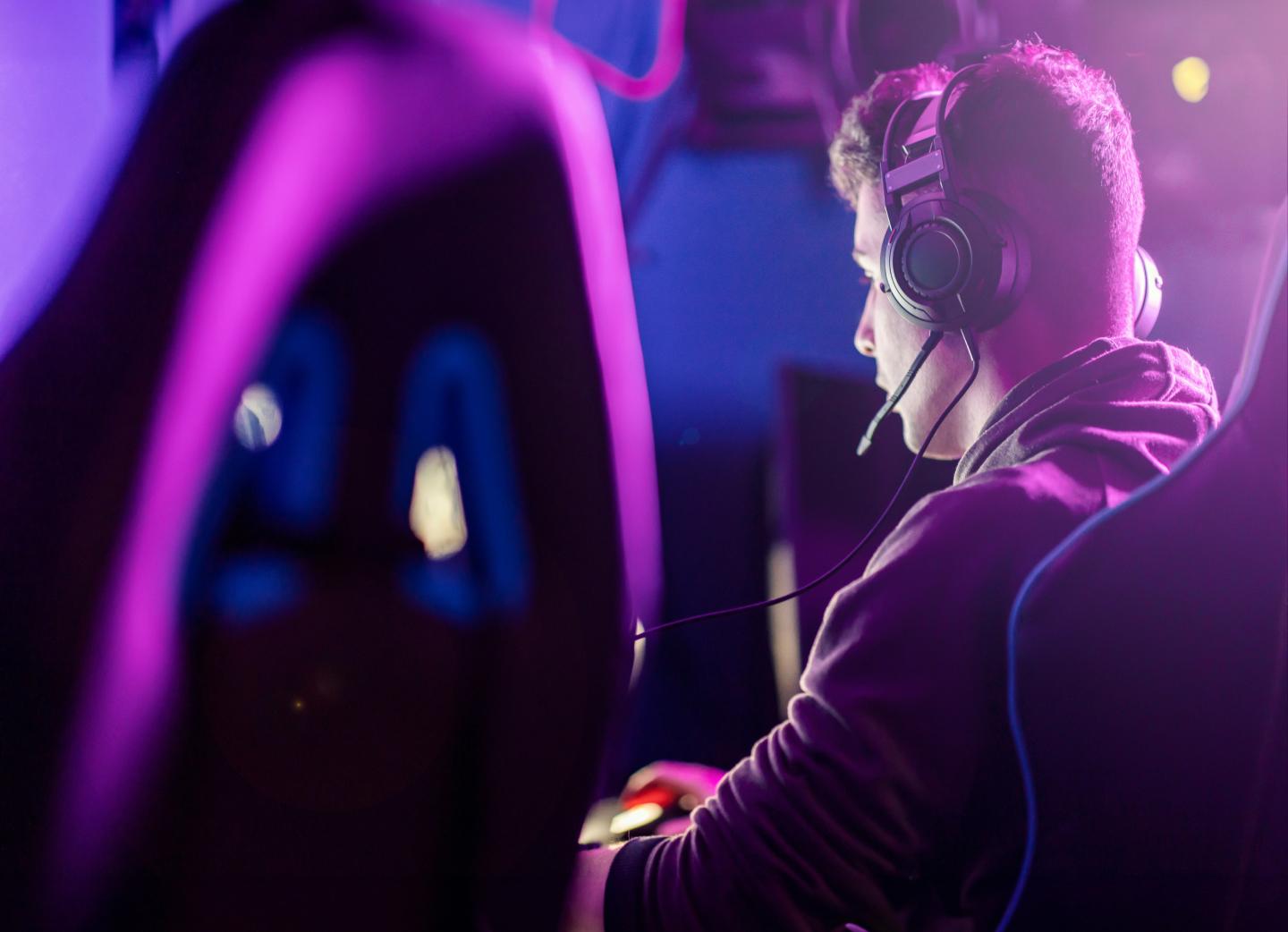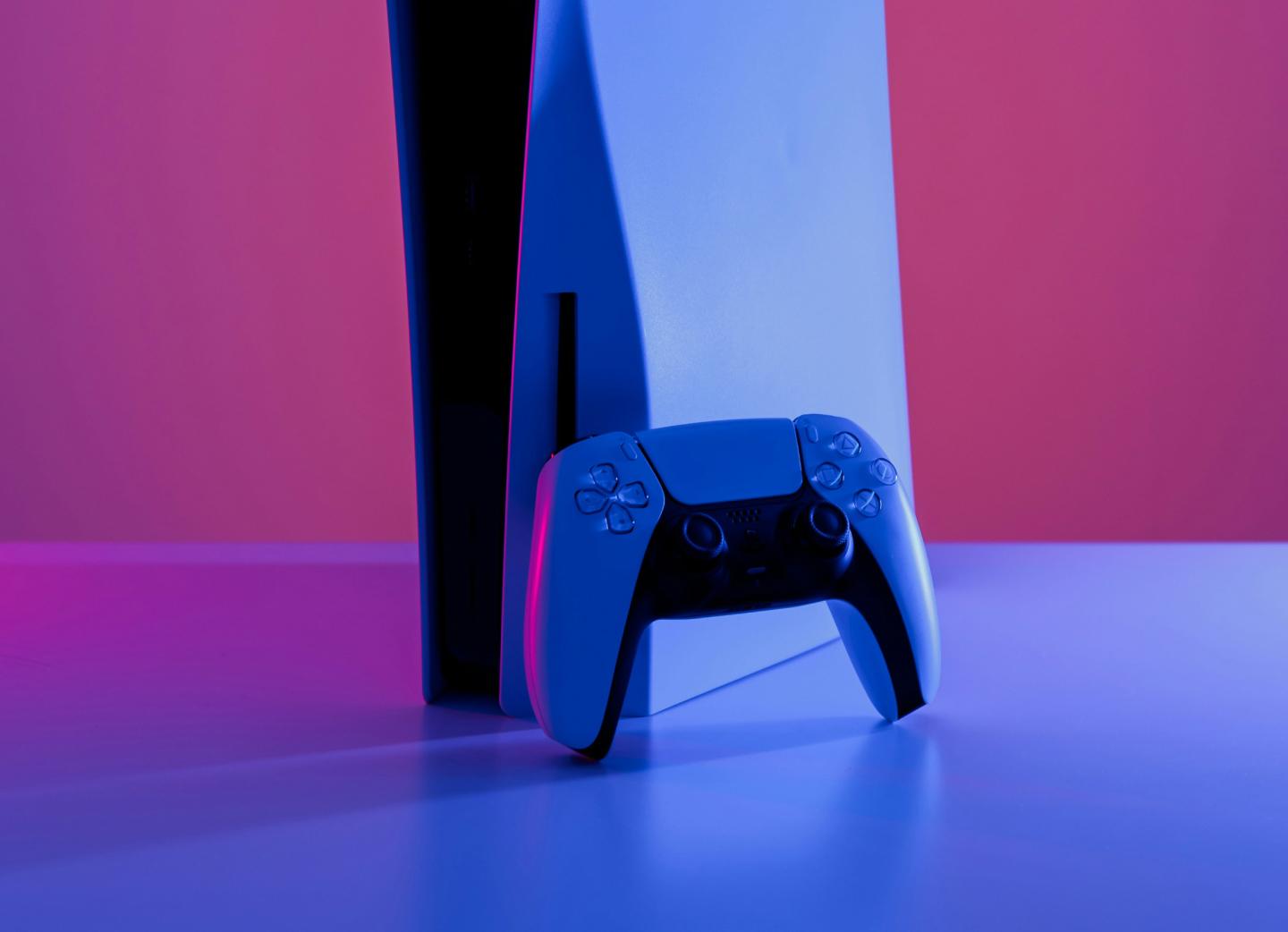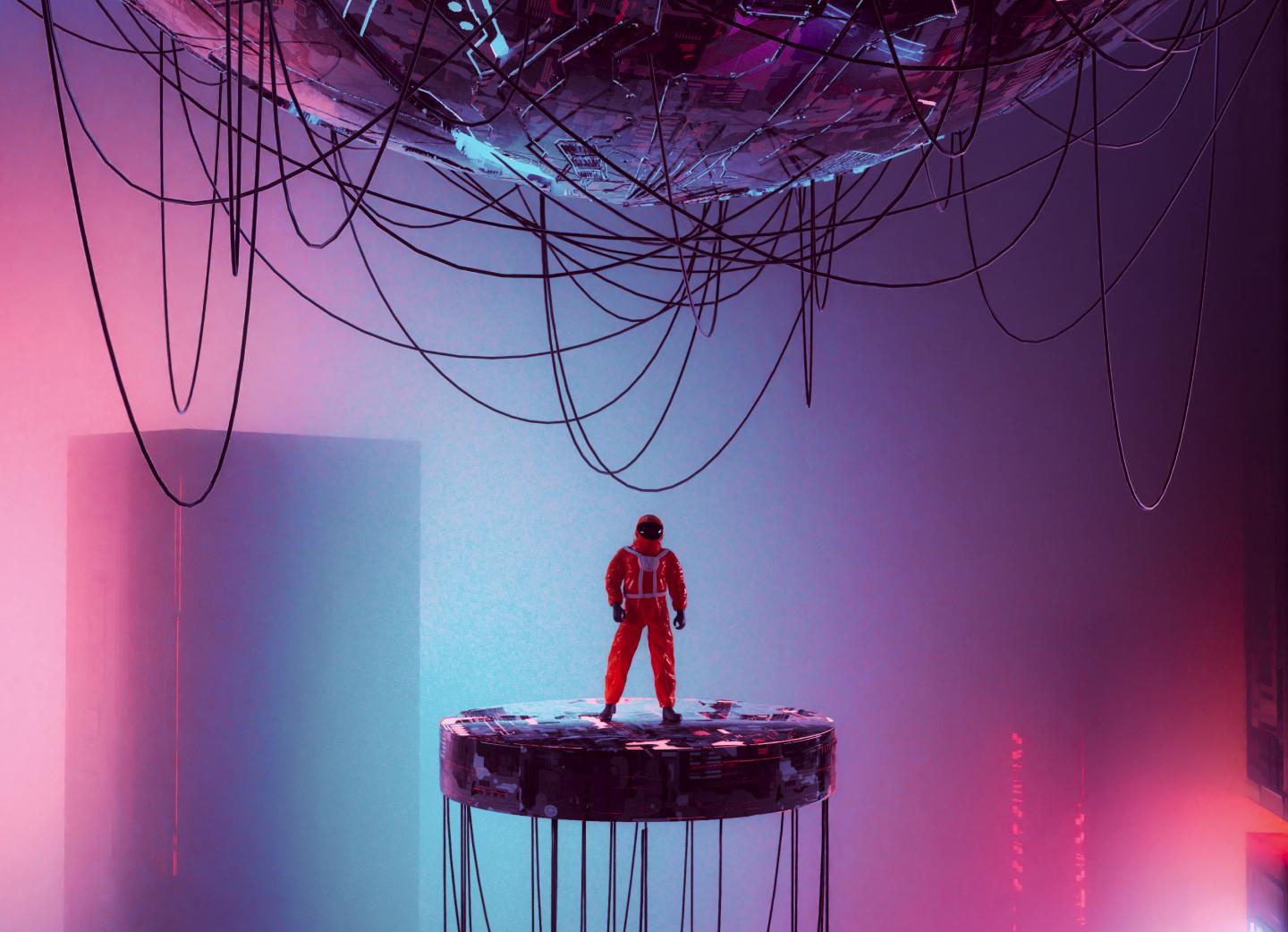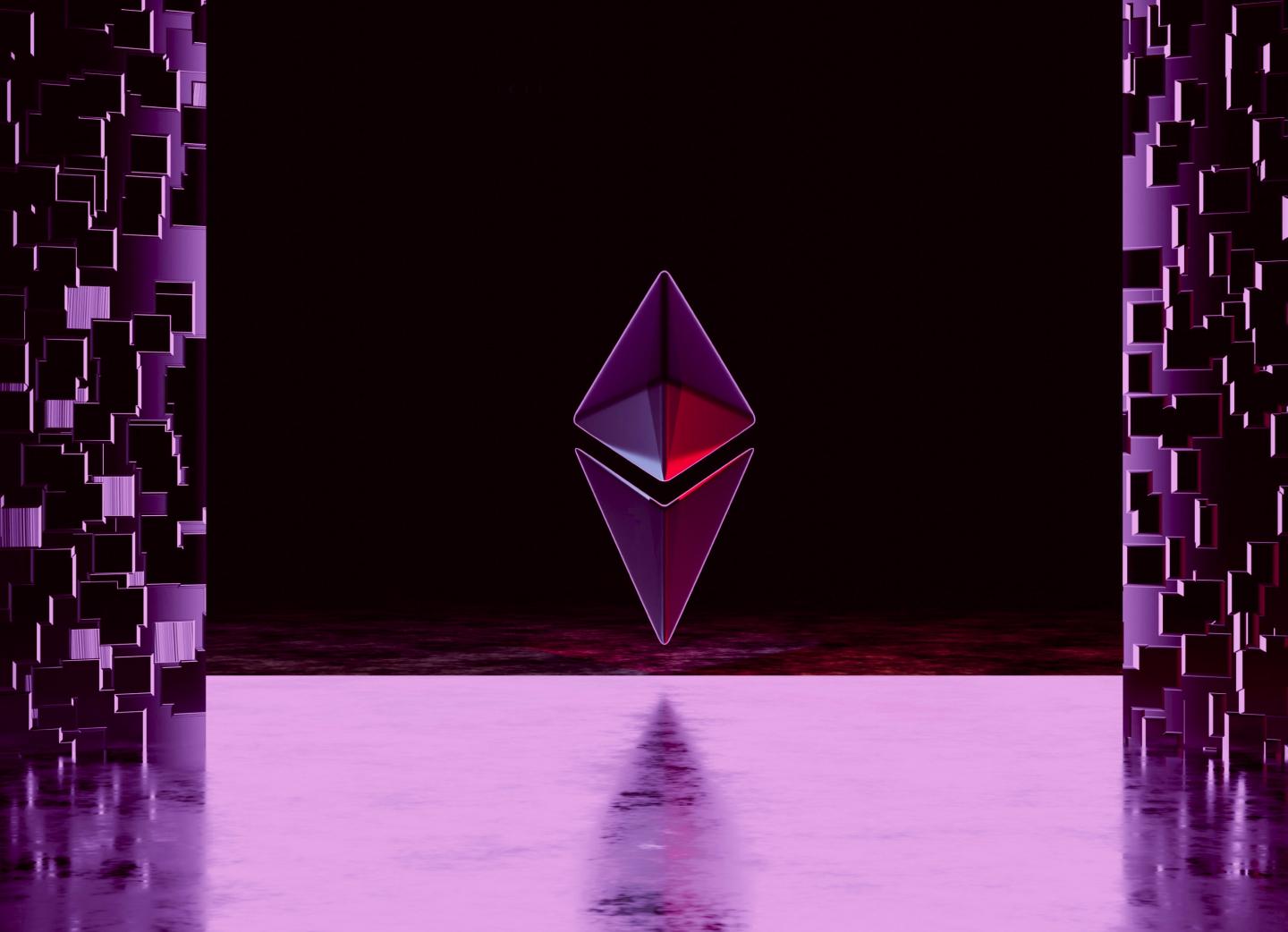Game development outsourcing: Your ultimate power-up for success
Whether you’re outsourcing an entire game or just filling specific talent gaps, Vention is the game development company that ensures you never face a game-over scenario. From concept to launch, we turn challenges into opportunities, helping your project unlock new levels of success — all without the stress.
Solutions for any game experience
Curious about what our game development team can create? The answer is simple: anything. Just name the genre, play style, or platform — and we’ll bring your vision to life.





With the variety of game projects we take on, all video games we deliver share one thing: they’re total winners, always earning high scores from players and communities.
Why? Because Vention’s game developers aren’t just tech experts — they’re true gamers at heart. We don’t just build video games; we create immersive worlds players can’t wait to explore.
Game-changing services: the Vention way
Game development is a challenging endeavor, often with multiple moving parts in motion at once. That's where Vention steps in with full-cycle game development outsourcing services.
Whether you need help with a single task or the entire project, we've got you covered from start to finish.
Concept design
We carefully assess your project needs by formulating a game design document, complete with competitor analysis and game economy, gameplay mechanics, and level design.
Technology consulting
Our consultants help you make the right technology decisions involving game engines, architecture, advanced technologies, and coding languages.
Game art concept
Vention’s designers explore multiple versions of characters, environments, and objects to choose the ones that best suit visual style and game design aesthetics.
Asset development
We create illustrations, 2D and 3D assets, game animation, add effects, and audio assets in line with concept design and art documents.
Frontend development
Our engineers develop menus and notifications, handle localizations, write scripts to enable in-game events, interactions, and real-time updates.
Backend development
We design and develop databases that easily handle user growth and ensure fast and secure information retrieval even during peak times.
Game testing
We verify the game’s functionality, compatibility, performance (including under different loads), security, and usability.
Game porting
Our team delivers any code alterations or UI adaptations you need while moving the game to another platform (e.g., from a PC to a console).
Support and maintenance
We monitor the game’s performance on different platforms and optimize it if necessary. We also add new features and fix any defects identified during monitoring or reported by users.

Ready to take your game to the next level?
Leverage 20 years of Vention’s expertise and get access to the pool of 3,000 pre-vetted experts.
Why Vention is the right choice for outsourced game development
Years of experience in outsourced software development
Game dev experts on board
Gaming solutions developed for the likes of VerseX and Postman
Four-time honoree on the Global Outsourcing 100 list by the IAOP
How can you level up by outsourcing game development to Vention?
We treat any video game outsourcing project as a great opportunity to deliver beyond our clients' expectations. While precise implementation is always an unfailing standard for us, we can bring our experience in advanced techs to redefine the gaming experience and help you gain a competitive edge and win users.
Delivery at speed and scale
Worried about creating thousands of game art assets fast, meeting the deadline of a new massive release, or implementing last-minute changes based on playtesting results?
During 20 years of experience, Vention has delivered thousands of projects — so we’ve seen and managed it all.
With a pool of 3,000 talents and well-established delivery processes, we can expertly meet your speed and scale requirements.
Next-gen gaming experience
Looking to deliver adaptive and interactive gameplay experiences?
Vention has a dedicated AR/VR team proficient in 3D modeling, developing immersive experiences for headsets, and incorporating spatial tracking and gesture recognition technology.
Our AI team can help you create personalized gameplay that evolves based on a player’s actions and fascinates with NLP-based storytelling.
State-of-the-art security
Striving for security that goes beyond a standard level?
An ISO 27001-certified company, Vention adheres to best-in-class security practices.
For next-level protection, our blockchain experts can elevate your game with blockchain-based assets, economies, and seamless item ownership and trading.
Our clients say it best
Check out what our partners say about our game development services.
Engagement models that work for you
There are myriad ways to get a video game to launch, each with its nuances. Fortunately, Vention, a leading game development outsourcing company, offers tiered and tailored game development services to meet your specific needs, whether you're looking to offload a small part of the project or outsource the entire process.
Staff augmentation
Sometimes, all you need to fire up your game is just a few more specialists.
Having a rich pool of 3,000 experts, Vention can provide you with front- and backend developers, 2D and 3D artists, designers, game developers, and QA engineers. We also offer niche expertise in areas like AI, AR/VR, and blockchain.
You'll receive CVs of pre-vetted experts within 48 hours, and we're ready to kick off in two weeks or less. This model gives you the flexibility to scale your team up or down with a 30-day notice period.
Co-development
Sometimes, you need a technical partner to complement your experience in the gaming industry.
Under this model, you're usually responsible for game concept design and art vision, while Vention handles the technical implementation.
This could involve creating a solution from scratch using a game engine and a backend ecosystem or optimizing the performance of an existing game.
If your in-house team is overwhelmed or lacks certain technical skills, we fill the gap, ensuring smooth coordination between technical and managerial operations.
Full outsourcing
Sometimes, you need a partner to manage the entire game development cycle.
Vention starts with a discovery phase to fully understand your goals, budget, and technology needs.
With end-to-end service, our team conceptualizes every development element to bring your game to life: game art outsourcing, design, coding, sound, quality assurance, patching updates, recurring maintenance, you name it.
We maintain complete transparency at each stage, thanks to well-defined communication matrices and KPIs.

Level up your game development with Vention.
Professional team. End-to-end services. Flexible cooperation models.
Our gamedev tech stack
Mobile
iOS/Android
Cross-platform
PC/Console
PC
PS4/5
Xbox One/Series
Switch
Meta
Vivo
Engines
Unity
Unreal Engine
Custom ones
Blockchain
Solidity
Corda
Hyperledger
Ethereum
WalletConnect
Defi protocols
web3.js
Polygon
VR capable engines
Unity 3D
Unreal Engine
VR headsets
Oculus Rift
HTC Vive
Windows Mixed Reality
Meta Quest 2/3
Samsung Gear
Apple Vision Pro
AR
OpenCV
Vuforia
ARKit
Unity
Wikitude Augmented Reality
Microsoft Hololens
2D and 3D modeling
Autodesk Maya
Blender
Autodesk 3ds Max
Unreal
ZBrush
FAQ
How does game development outsourcing help reduce development costs?
There are three key ways game development outsourcing can lower costs. First, it reduces labor expenses through global talent acquisition, allowing you to pay only for completed work without the added costs of hiring, onboarding, sick leave, or vacation time.
Second, an experienced outsourcing partner ensures high-quality deliverables, minimizing the risk of costly redevelopment due to inexperienced teams.
Third, outsourcing can lead to significant infrastructure savings, as your partner often manages servers, software licenses, and powerful workstations, sometimes even securing discounts through partnerships, like for cloud services.
What are the risks of outsourcing game development to a vendor?
The main risk is choosing a vendor with insufficient competence. In this case, you can easily face missed deadlines or deliverables far from your quality standards. Neither is good for your brand image or user satisfaction.
But even if a vendor is a pro, you're at risk of vendor dependency. Think of a vendor responsible for some critical aspects of your game development, which is experiencing some financial or staff issues and is unable to deliver high-quality work on time.
How can we control the quality of the game when outsourcing to a vendor?
The key to maintaining quality when outsourcing is transparency at every stage. It starts as early as the planning stage, with the design of clear KPIs, and extends to every development iteration in the form of regular reporting, efficient, RACI-based communication, and routine feedback loops.
We're a rather small company. Will game development outsourcing work for us, or is it reasonable just for AAA game projects?
Outsourcing is sometimes perceived as a luxury that only big-name game studios can afford, but startups and small companies often gain more value from it.
Game outsourcing provides the speed, scalability, and quality that professional game development companies offer while eliminating the time-consuming HR and onboarding processes required for new in-house hires. This is especially beneficial for first-timers and small-scale studios, where time and resources are at a premium.








